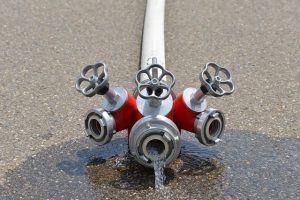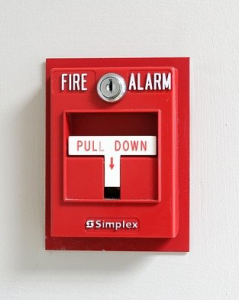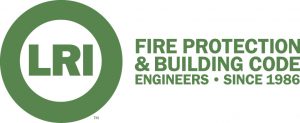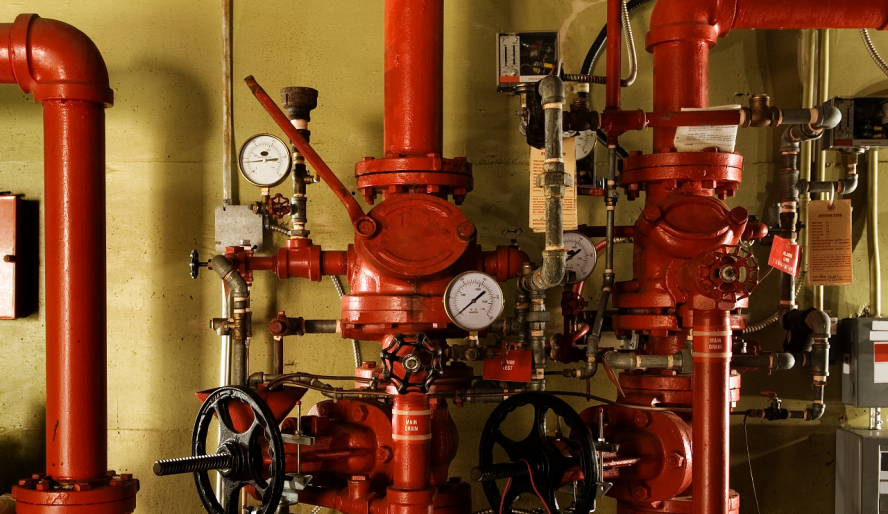The worst time to discover your fire safety system lacks adequate water supply is when an emergency strikes. And yet, it’s not uncommon for negative impacts to a building’s water sources to go unnoticed by property management teams until that system is needed most.
“The property owner or manager has certain responsibilities to make sure their fire safety systems are working according to spec in order to protect the public. Part of that means being aware of any changes to your municipal water sources that might impact your building, and making sure your supply matches the system’s demand,” says Jean-Nicholas Bader, Regional Manager for Quebec with LRI Engineering Inc.
 There are internal and external factors that might impact a building’s water supply. Aging equipment or leaking infrastructure can reduce pressure, while new developments in the area may strain existing supply.
There are internal and external factors that might impact a building’s water supply. Aging equipment or leaking infrastructure can reduce pressure, while new developments in the area may strain existing supply.
It’s also possible for municipalities to drop water supply for a myriad of reasons.
Property owners and managers may be notified well in advance in such cases, but the change could trigger the need for system upgrades or replacements.
This was a recent scenario that played out in the City of Montreal. In 2019, the Montreal Fire Department issued an announcement to building stakeholders that the City was sectorizing the drinking water network to measure its consumption and regulate pressure in various sectors in its efforts to mitigate water breakage and loss, noting, “This sectorization and regulation could lead to reductions in static pressure and, in some cases, hydraulic capacity.”(1)
Bader advises stakeholders to take this action, as their cue to get ahead of potential changes, noting, “While the City’s letter did not mandate that building owners assess the impact of the ‘sectorization’ on their properties, not doing so does put their portfolios – and more importantly, the building occupants – at risk. Whether in response to a letter such as that issued by the City of Montreal, or as part of regular due diligence to ensure conformance with Fire Code maintenance requirements, LRI recommends that owners be proactive, get ahead of the curve and have their systems evaluated by a professional engineer specialized in fire protection system design.”
Raising the pressure
Initial fire safety system designs and specs may have sufficed at the time of a building’s construction. As the years tick by, however, any number of factors can impact that system’s ability to provide adequate protection in the event of a fire. These factors could include, for example, the age of the fire safety system, changes in use within the building, expansions, or other significant design modifications.
 Annual and other periodic testing as required by fire code regulations should identify symptoms of a potential water supply change, prompting a more detailed review of the affected system. These system reviews are also a good time for property managers to get ahead of future upgrade requirements.
Annual and other periodic testing as required by fire code regulations should identify symptoms of a potential water supply change, prompting a more detailed review of the affected system. These system reviews are also a good time for property managers to get ahead of future upgrade requirements.
“Maybe your municipality will never alter supply pressure, but if you do get that letter one day, it’s worth knowing in advance the implications of potential required changes,” says Bader.
Of course, obtaining potential solutions and pricing is more than about protecting one’s budget. Neglecting water pressure and supply issues until it’s too late can put building occupants in danger during a fire. And while that alone is enough motivation, there are also legal and logistical repercussions for failing to ensure fire safety systems are working as intended.
“If your water supply drops, and you’ve delayed implementing mitigating measures until the last moment, you’re going to be competing with everyone else around you who also needs services and materials,” says Bader. “That’s going to mean higher prices and more stress.”
“The advantage of calling on a specialist like LRI, for example, is that we aren’t bound to any one system. We can reassess the fire safety system as a whole and offer a range of solutions that fit the client,” says Bader
True, some buildings may go a long time before water supply becomes an issue. But as with anything related to life safety, it pays to think ahead and know your options.
“The fire code already requires regular testing, but any time you suspect changes to your system, or simply want to make sure it’s still working effectively, it pays to have a look sooner rather than later,” adds Bader.





